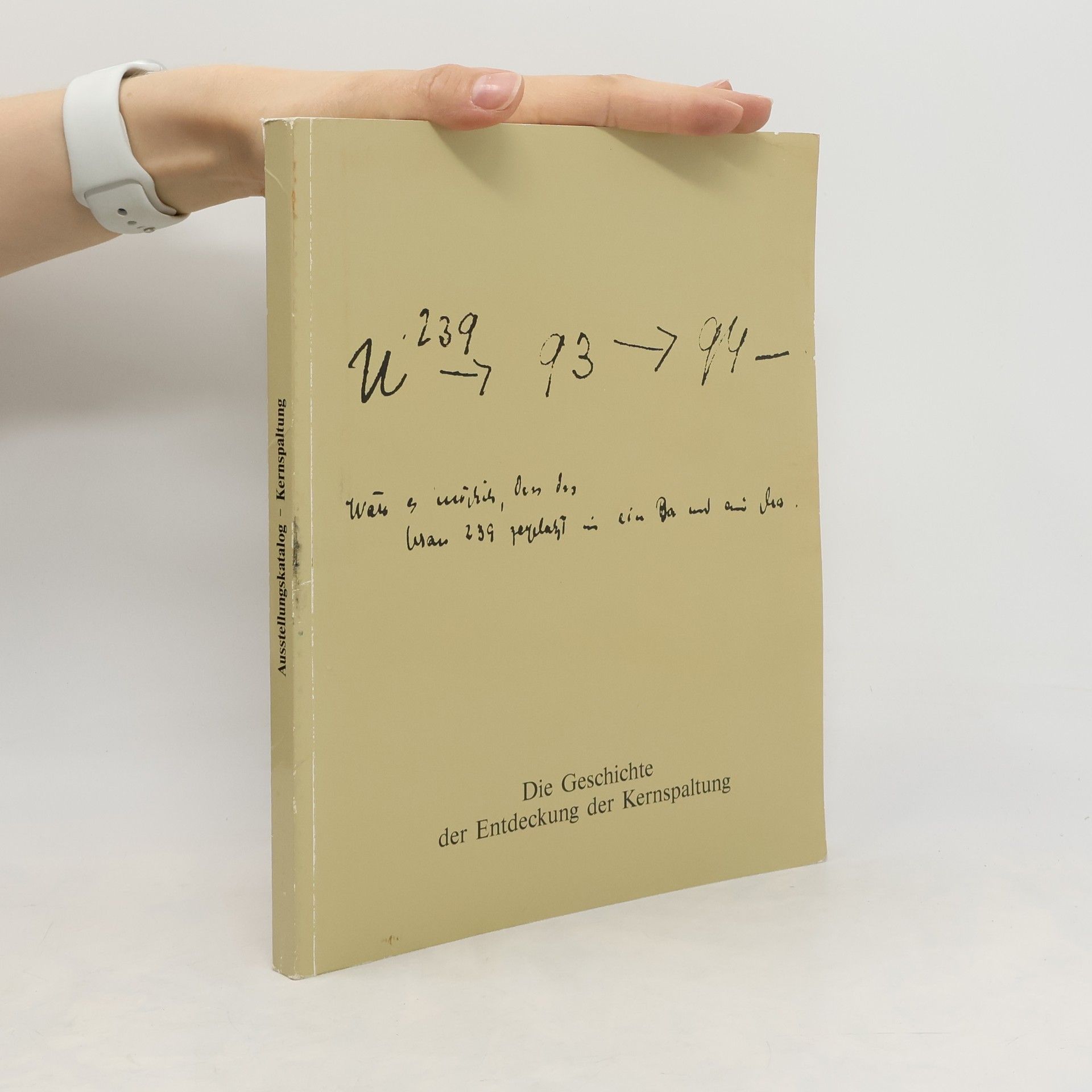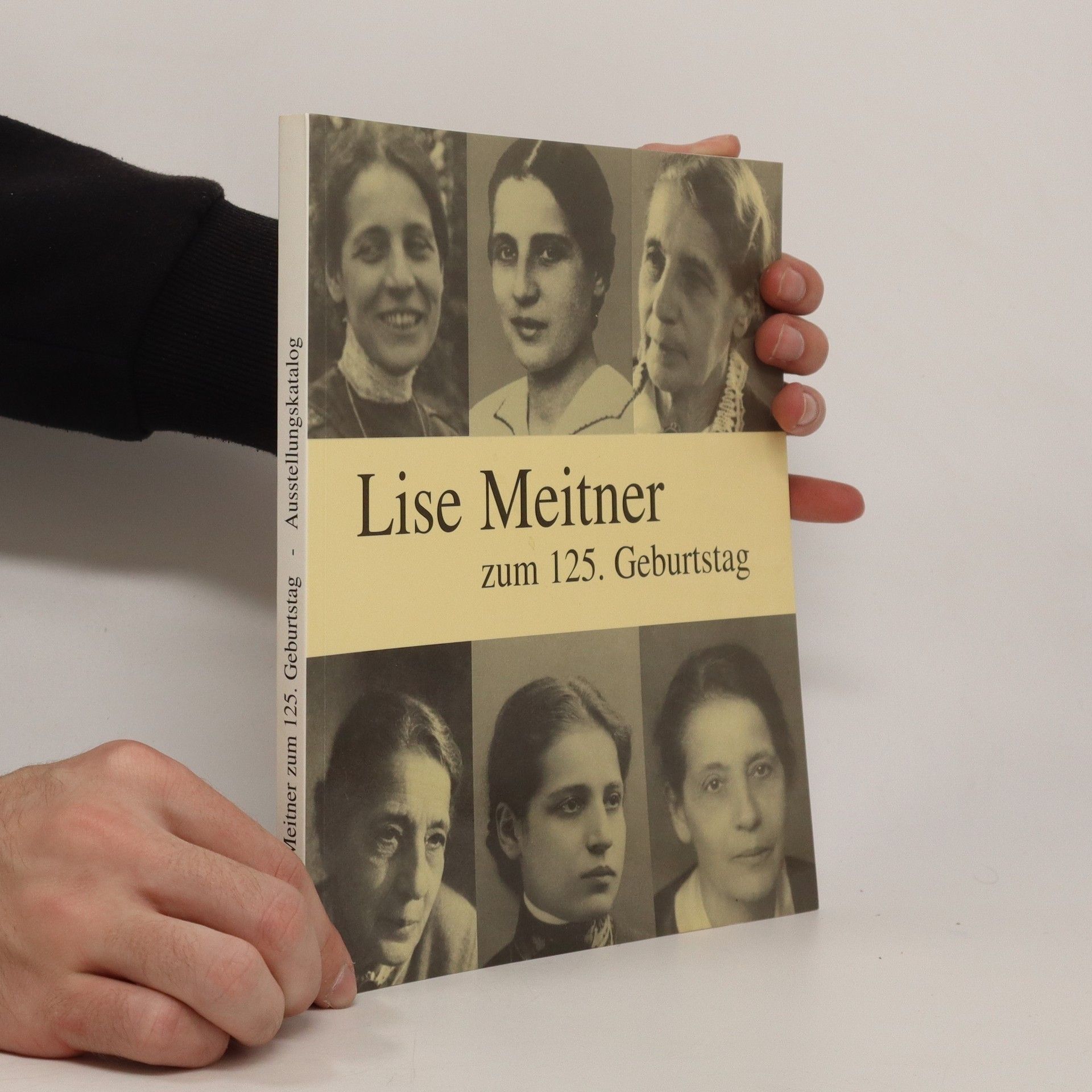Max von Laue
Intrepid and True: A Biography of the Physics Nobel Laureate
- 436 pages
- 16 hours of reading
Focusing on Max von Laue's groundbreaking contributions to 20th-century German science, this biography explores his pivotal discovery of X-ray interference effects, which confirmed the wave-like nature of X-rays and the atomic structure of crystals, earning him a Nobel Prize. As an early advocate of Einstein's relativity, he made significant contributions to light scattering, matter waves, and superconductivity. Notably, Laue maintained his moral integrity during the Nazi regime, making this the first comprehensive biography of a scientist of great influence and ethical standing.


